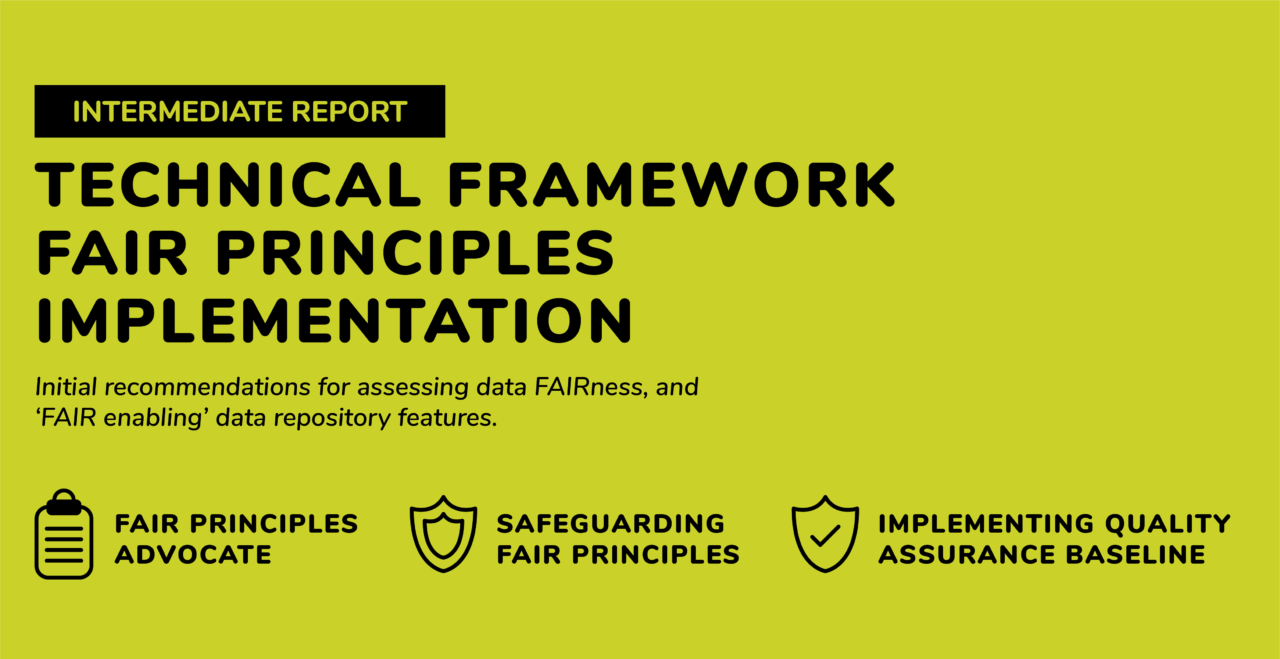One of the latest EOSC Synergy deliverables introduces the initial recommendations for assessing data FAIRness, and ‘FAIR enabling’ data repository features, based on input from FAIRsFAIR and RDA. It also provides a roadmap for implementation of FAIRness checking, including requirements, architecture, and other technical considerations related to Quality Assurance.
The intermediate report (D3.3) provides:
- Requirements for FAIR data repositories
- Metrics for programmatic assessment based on FAIRsFAIR and RDA recommendations
- An implementation plan divided into 3 phases: evaluate, establish and endorse
Why is this important and what knowledge can you gather?
Expanding the capacity of the EOSC poses the challenge of making sure that any scientific data and thematic services made available can be considered to implement the FAIR principles. These principles advocate for making research data, software and other digital outputs of research as Findable, Accessible, Interoperable and Reusable as possible.
Safeguarding these FAIR principles during implementation, validation and monitoring requires FAIRness assessment and validation of the system where the data will be stored (repositories), the metadata describing the data, and the datasets or digital objects. The co-dependencies between (meta)data, digital objects, and their repository environment are explained.
The requirements of a FAIR data repository, taken from FAIRsFAIR, are described. Also a set of data assessment metrics for programmatic assessment has been defined originating from FAIRsFAIR and the recommendations from RDA. To be able to ensure FAIRness automatically is essential to be capable of processing the big volume of data and digital objects in general produced in Europe continuously, as well as enabling objective mechanisms without human intervention.
A roadmap is given on how to go from theory to practice for FAIR implementation. It aims to provide guidance to make data comply with FAIR. The implementation plan is divided into 3 phases: evaluate, establish and endorse, in which a total of 12 steps have been identified. These will be carried out on the basis of three identified use cases, namely: DIGITAL.CSIC, WORSICA and SOCIB.
